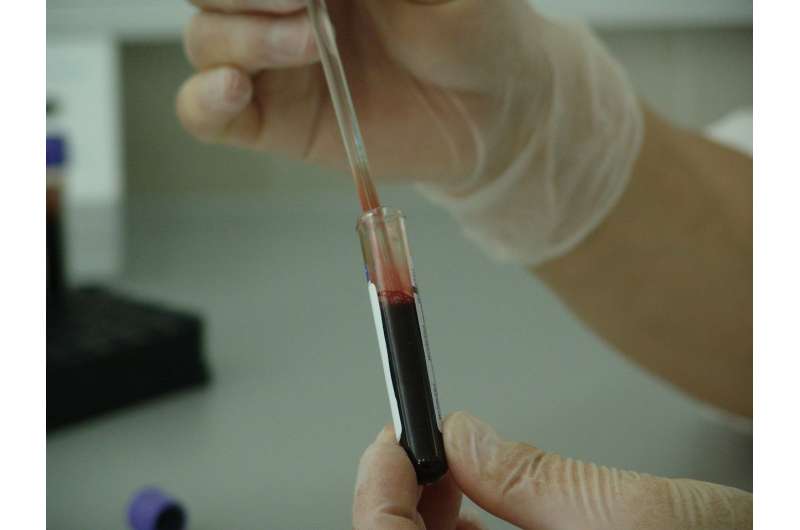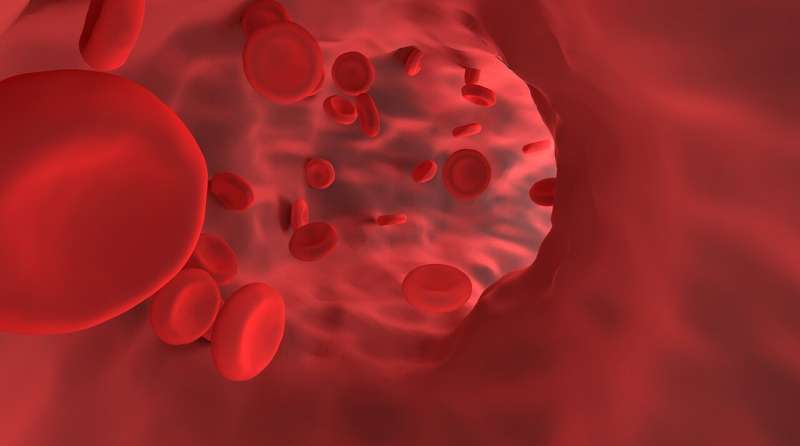Innovative RNA Modification-Based Liquid Biopsy Detects Early Colorectal Cancer with High Precision

A groundbreaking blood test using RNA modifications has achieved 95% accuracy in detecting early-stage colorectal cancer, promising a highly sensitive, non-invasive diagnostic tool.
Liquid biopsies are transformative diagnostic tools that analyze blood samples to detect cancerous activity without needing invasive tissue biopsies. Traditionally, these tests focus on identifying mutations or alterations in circulating cell-free DNA (cfDNA) released by tumor cells into the bloodstream. However, their sensitivity in detecting early-stage cancers has been limited due to low levels of cfDNA in the blood during initial disease stages.
In a significant advancement, researchers at the University of Chicago have developed a novel, highly sensitive liquid biopsy approach that utilizes RNA modifications to identify early colorectal cancer with an impressive 95% accuracy. This method marks a breakthrough in non-invasive cancer detection.
The new technique hinges on analyzing circulating cell-free RNA (cfRNA) instead of DNA. Unlike cfDNA, cfRNA levels can vary significantly depending on sample collection timing, making raw abundance less reliable. To overcome this, the team focused on measuring chemical modifications on RNA molecules, which remain stable regardless of RNA quantity. These RNA modifications serve as dynamic markers reflecting cellular activity, including the presence of cancer.
The study involved blood samples from colorectal cancer patients, where researchers not only detected modifications on human cell RNA but also identified microbial RNA originating from the gut microbiome. Changes in microbial RNA modifications are indicative of tumor-induced inflammation, providing an early signal of cancerous activity.
This innovative approach is grounded in understanding how microbial and human RNA modifications differ between healthy and diseased states. Notably, the microbial RNA signatures change rapidly, offering a window into early disease processes. Compared to existing stool-based tests with around 90% accuracy in later cancer stages, this RNA modification technique achieved nearly 95% accuracy even at early stages, representing a substantial step forward.
Lead researcher Dr. Chuan He emphasized the potential of RNA modifications as biomarkers, noting that this first-of-its-kind application offers a much more sensitive and reliable method for early detection, which could significantly improve patient outcomes. The findings are detailed in the study "Modifications of microbiome-derived cell-free RNA in plasma discriminates colorectal cancer samples," published in Nature Biotechnology.
This breakthrough highlights the importance of exploring RNA modifications and microbiome interactions in cancer diagnostics, opening pathways for earlier intervention and personalized treatment strategies.
Stay Updated with Mia's Feed
Get the latest health & wellness insights delivered straight to your inbox.
Related Articles
FDA Approves Monjuvi (Tafasitamab) for Advanced Follicular Lymphoma Treatment
The FDA has approved Monjuvi (tafasitamab) combined with rituximab and lenalidomide for adults with relapsed or refractory follicular lymphoma, offering new hope in chronic lymphoma management.
Recall of Freeze-Dried Fruit from Sam's Club Due to Listeria Contamination
Sam's Club has recalled certain batches of freeze-dried fruit due to potential Listeria contamination, urging consumers to discard or return affected products for safety.
Global Challenges in Women's Heart Disease Research Due to Underrepresentation in Clinical Trials
Women remain underrepresented in cardiovascular clinical trials, hindering progress in understanding and treating heart disease in women. A recent consensus highlights the need for greater inclusion to improve health outcomes.
Innovative Charts for Artery Stiffness Enable Early Detection of Heart Risks in Youth
New reference charts for pulse wave velocity enable early detection of cardiovascular risks in children and young adults, paving the way for proactive interventions decades before symptoms appear.



